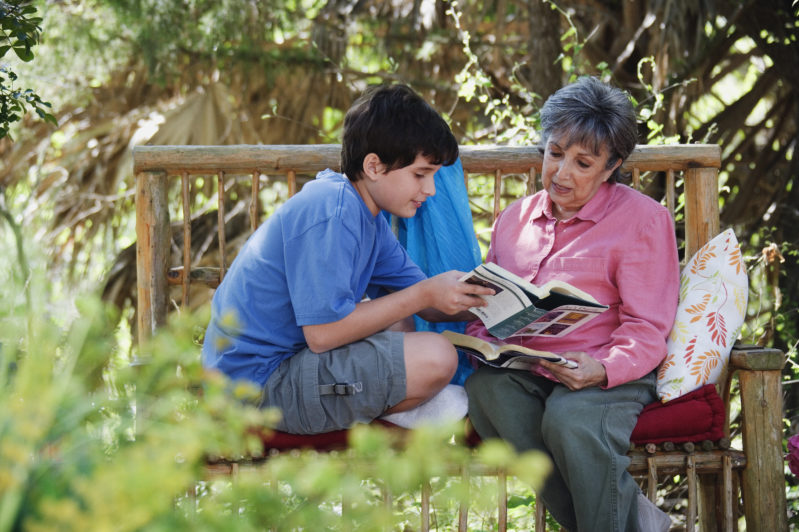This post originally appeared on the NHCOA blog.

In 2015, an estimated 34.2 million Americans provided unpaid care for an adult aged 50 or older. The Caregiving in the U.S. 2015 Report, conducted by AARP and the National Alliance for Caregiving (NAC), found that the prevalence of caregiving was higher in Hispanics when compared to other racial/ethnic groups. Also, the results of the report show that Hispanic caregivers spend almost 32 hours per week caring for a loved one. This commitment stems from the importance that is placed on family in the Latino culture.
The report also found that the health and wellbeing of these family caregivers are often compromised because of the high demands of their roles. Caregivers who worked higher hours were more likely to describe their health as fair or poor compared to their lower-hour counterparts. Many times, these higher-hour caregivers find it difficult to balance employment and other household responsibilities such as children when they are the sole caregivers in the home. Family caregivers often experience depression and isolation, as well as conflicts in their jobs, financial problems and other issues that affect their mental and physical wellbeing.
Family caregivers who care for individuals with certain illnesses such as Alzheimer’s or different types of cancer often find it to be much more emotionally stressful than other types of caregiving. A report from the National Alliance for Caregiving in partnership with the National Cancer Institute and the Cancer Support Community found that 50% of cancer caregivers feel “highly stressed,” and four in ten report that they need help managing emotional and physical stress. This could be a consequence of the numerous hours of care these caregivers provide. Cancer caregivers on average spend more than 32 hours a week providing care, and one-third of them provide care for 40 hours or more a week. For these caregivers, the responsibilities are much more intense, as many of them find themselves conducting medical tasks for their loved ones. The report found that more than four in ten of cancer caregivers provide help with medical and nursing tasks without any prior training.
November is celebrated as National Family Caregivers Month. It is a time to recognize the hard work that day in and day out these individuals do to fulfill their vital roles in the lives of their loved ones. The National Hispanic Council on Aging would like to recognize those individuals and thank them for everything that they do to ensure that older adults in our communities are well taken care of.
The National Hispanic Council on Aging found in its annual report, State of Hispanic Older Adults: Insights from the Field, that Hispanic informal caregivers often struggle to find the information and support that they need to assist them in their caregiving roles, which often contributes to their levels of stress and poor health. In an effort to find lasting solutions that can help these caregivers receive the support they so desperately need, NHCOA is working on new initiatives with the support of AARP, which will create resources for those who find themselves without answers.
Below you can find some resources both in English and Spanish developed by AARP that can help family caregivers prepare a care plan:
Prepare to Care: A Planning Guide for families
Cuidando a los Nuestros: Una Guía de Planificación para la Familia
The opinions expressed in this article are those of the author and do not necessarily reflect those of the Diverse Elders Coalition.

